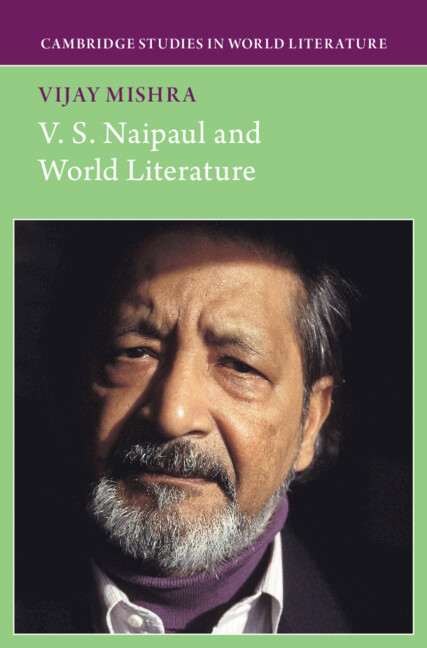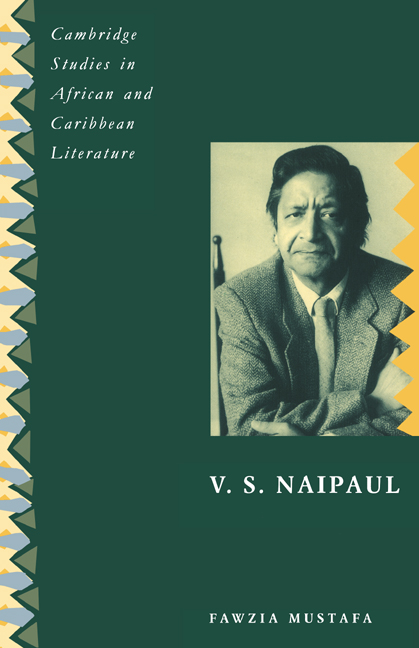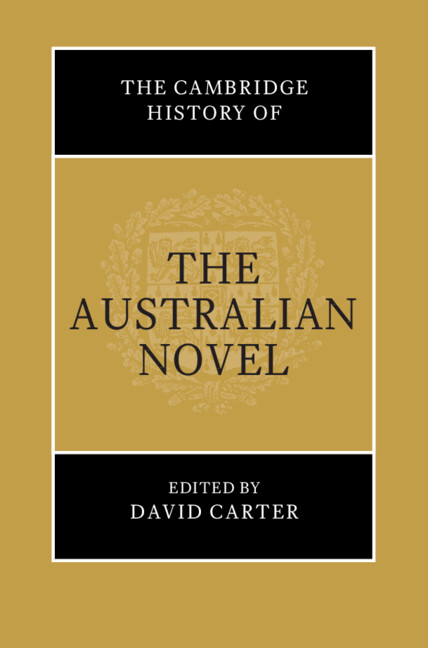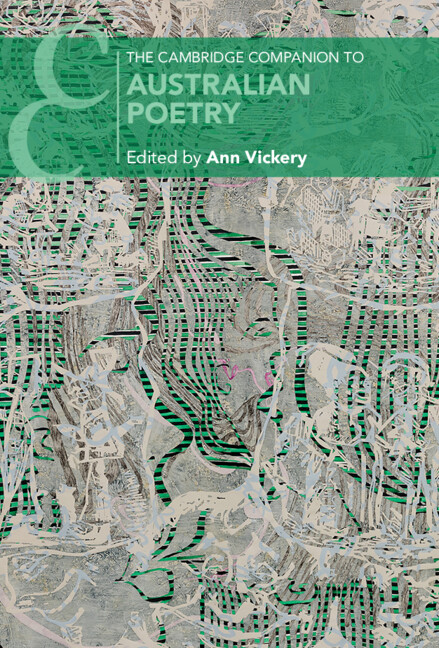V. S. Naipaul and World Literature
V. S. Naipaul is a major and controversial figure in postcolonial and world literature. This book provides a challenging and uncompromisingly honest study that engages with history, genre theory, aesthetics, and global literary culture, with close reference to Naipaul's published and archival material. In his fiction and creative histories, the definition of the modern idea of world literature is informed by the importance of an artistic ordering of perception. Although often expressing ideas that are prejudicial and morally repugnant, there is an honesty in his writings where one finds extraordinary insights into how life is experienced within colonial structures of power. These colonial structures provided no abstract unity to the field of literary expression and ignored vernacular cultures. The book argues that a universal ideology of the aesthetic, transcending time, regions, and languages, provides world literature with a unity which is possible only within a critical universal humanism attuned to heroic readings of texts and cultures.
- Makes use of history, theory of aesthetics, textual criticism, and archival knowledge to show Naipaul's engagement with world literature
- Introduces author study as a legitimate scholarly exercise in postcolonial studies
- Addresses how a writer challenges received traditions and confronts political ideologies without sacrificing a reading of the literary world as an aesthetic totality
- Explores Naipaul's critique of colonization and slavery, the role of religious ideologies in nation-building, and the agony of cultural displacement
Reviews & endorsements
‘boldly written and thoroughly researched … a valuable resource. … Highly recommended.’ T. Ware, CHOICE
‘A highly accomplished and astutely theorized work that straddles literary criticism, literary biography, book history, archive studies, and world literature studies, it is an expertly constructed study of an author, his published and unpublished works, and his contexts. The study contributes to several disciplines while offering deep insights into Naipaul and his work to general literary readers with an interest in modern and contemporary world literary history.’ Jenni Ramone, Journal of Postcolonial Writing
Product details
February 2024Hardback
9781009433860
272 pages
235 × 159 × 22 mm
0.55kg
Available
Table of Contents
- List of archival material
- Acknowledgments
- Prologue Lacrimae Rerum, 'The Tears of Things'
- Introduction
- 1. V S. Naipaul aesthetic ideology and world literature
- 2. 'The English language was mine
- the tradition was not'
- 3. The indenture social imaginary: a House for Mr Biswas and after
- 4. Empires, slaves, rebels and revolutions
- 5. In the shadow of the master: a Bend in the River
- 6. The travel book and wounded civilizations
- Epilogue: the death of the author
- Notes
- Works cited and select bibliography
- Index.









